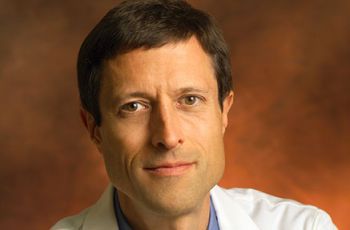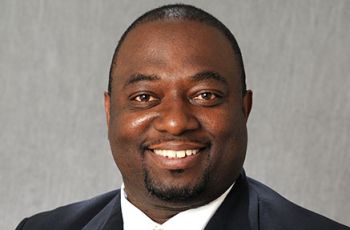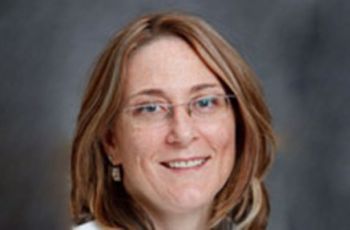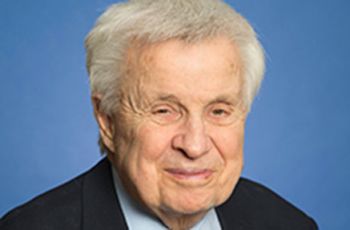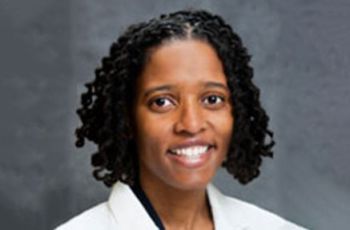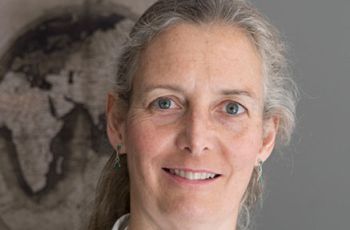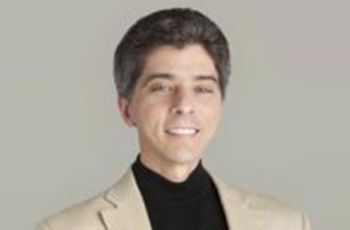News Archive
Neal Barnard, M.D., adjunct associate professor of medicine, was profiled by the Washington Times-Reporter, focusing on his upcoming speaking engagement about his latest book, “Power Foods for the Brain,” at Illinois Central College.
The GW School of Medicine and Health Sciences welcomes Derreous Ransom, M.S., M.B.A., who has joined the administration as the Executive Director for Resource Management and Operations in the office of Resource Management, Operations, and Emergency Preparedness.
The Katzen Cancer Research Center at GW has awarded over $500,000 to GW researchers, with the intent to stimulate collaborative investigation into clinical and translational research, that will reduce mortality and improve the quality of life of Americans.
Eric Hoffman, Ph.D., professor of integrative systems biology, was quoted in an article in PolicyMic about the life altering effects of government cuts to medical research.
The GW School of Medicine and Health Sciences is pleased to announce that Lance B. Kaplan, M.B.A., will join the administration as the associate dean of finance, administration, and operations. Among his responsibilities, Kaplan will manage the school’s budget, oversee day to day financial and…
Sarah Rebstock, M.D., assistant professor of anesthesiology and critical care medicine, was interviewed by The New York Times about using video games to treat pain disorders at Children's National. She was also interviewed by The Washington Post, WTOP-FM, and Parenting magazine.
Jerrold Post, M.D., clinical professor of psychiatry and behavioral sciences, and Catherine May, M.D., associate clinical professor of psychiatry and behavioral sciences, wrote an op-ed published in Psychiatric News, calling for psychiatrists to offer their opinions in public forums to better…
Sahira Long, M.D., assistant clinical professor of pediatrics, spoke to The Nation's Health about an upward trend in D.C. women exclusively breastfeeding their babies.
Cathleen Clancy, M.D., associate professor of emergency medicine, was interviewed by WUSA9 on the lethal affects of the poison, ricin. Letters sent to President Barack Obama and Senator Roger Wicker of Mississippi have initially tested positive for ricin.
Lawrence Singer, D.M.D., assistant clinical professor of surgery, spoke with The Washingtonian about new, cutting-edge technology, called SoundBite, that can restore hearing using two small devices: one in the ear and one in the upper, back teeth.
